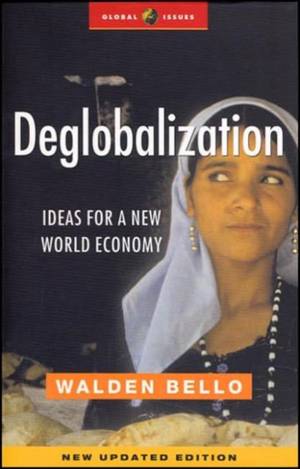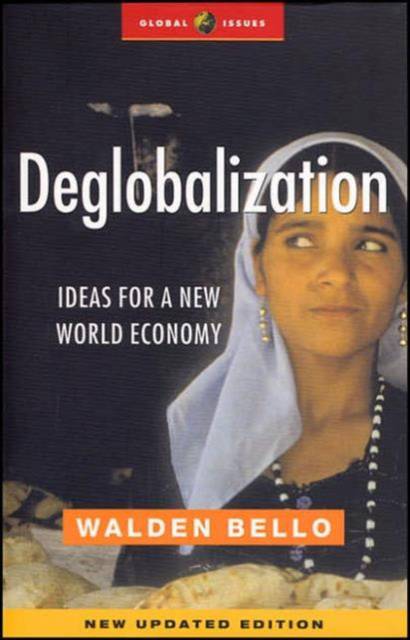
Bedankt voor het vertrouwen het afgelopen jaar! Om jou te bedanken bieden we GRATIS verzending (in België) aan op alles gedurende de hele maand januari.
- Afhalen na 1 uur in een winkel met voorraad
- In januari gratis thuislevering in België
- Ruim aanbod met 7 miljoen producten
Bedankt voor het vertrouwen het afgelopen jaar! Om jou te bedanken bieden we GRATIS verzending (in België) aan op alles gedurende de hele maand januari.
- Afhalen na 1 uur in een winkel met voorraad
- In januari gratis thuislevering in België
- Ruim aanbod met 7 miljoen producten
Zoeken
€ 195,45
+ 390 punten
Uitvoering
Omschrijving
How to manage the global economy - and, more fundamentally, whether humanity wishes it to go in an ever more market-oriented, transnational corporation-dominated, and capital-footloose direction - is the most important international question of our time. In this short and trenchant history of those bodies -- the World Bank, IMF, WTO, and Group of Seven -- which have promoted this economic globalization, Walden Bello: - Points to their manifest failings; - Examines the major new ideas put forward for reforming the management of the world economy; - Argues for a much more fundamental shift towards a decentralized, pluralistic system of global economic governance allowing countries to follow development strategies sensitive to their own values and particular mix of constraints and opportunities.
Specificaties
Betrokkenen
- Auteur(s):
- Uitgeverij:
Inhoud
- Aantal bladzijden:
- 162
- Taal:
- Engels
- Reeks:
Eigenschappen
- Productcode (EAN):
- 9781842775448
- Verschijningsdatum:
- 1/06/2004
- Uitvoering:
- Hardcover
- Formaat:
- Genaaid
- Afmetingen:
- 127 mm x 203 mm
- Gewicht:
- 290 g

Alleen bij Standaard Boekhandel
+ 390 punten op je klantenkaart van Standaard Boekhandel
Beoordelingen
We publiceren alleen reviews die voldoen aan de voorwaarden voor reviews. Bekijk onze voorwaarden voor reviews.









